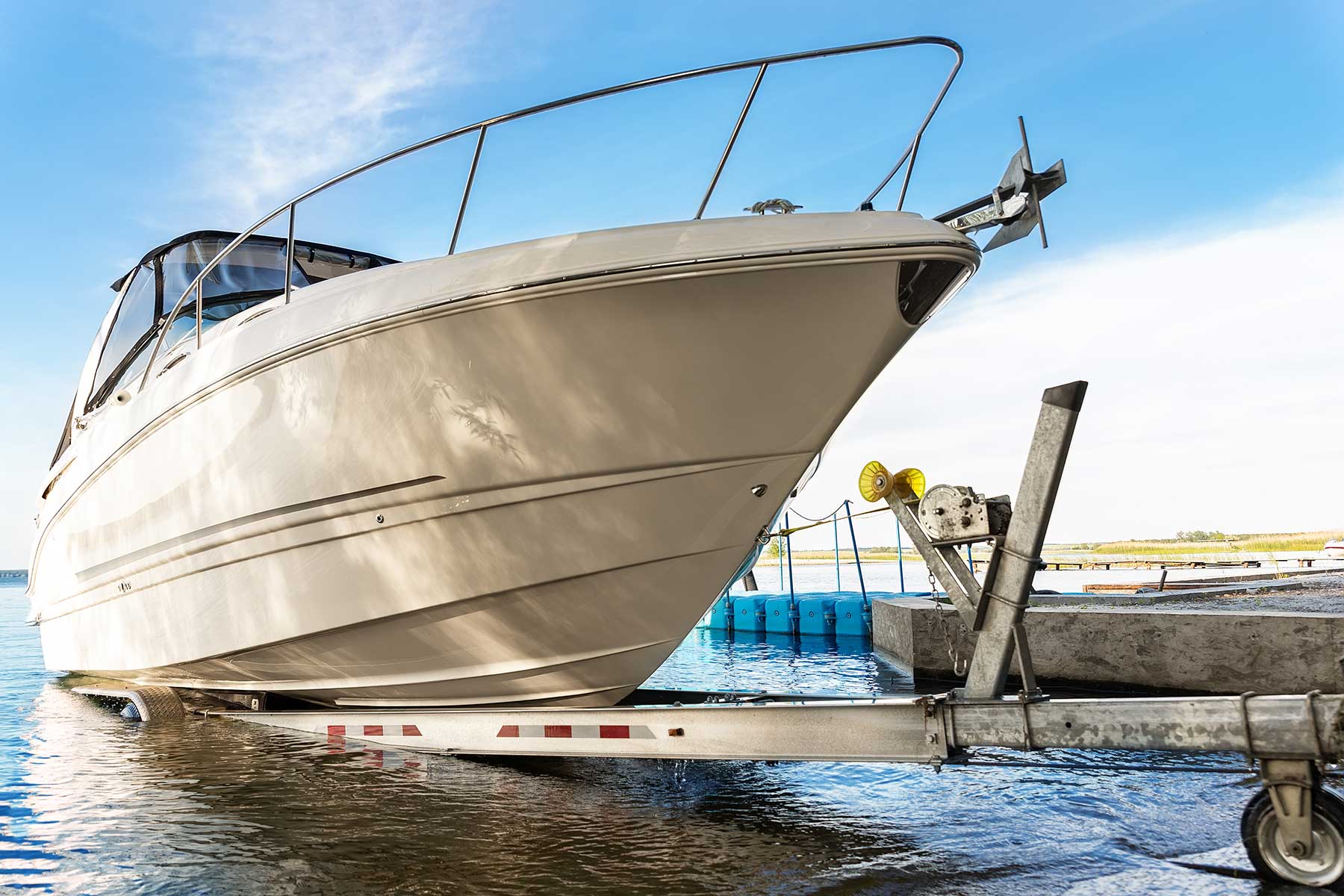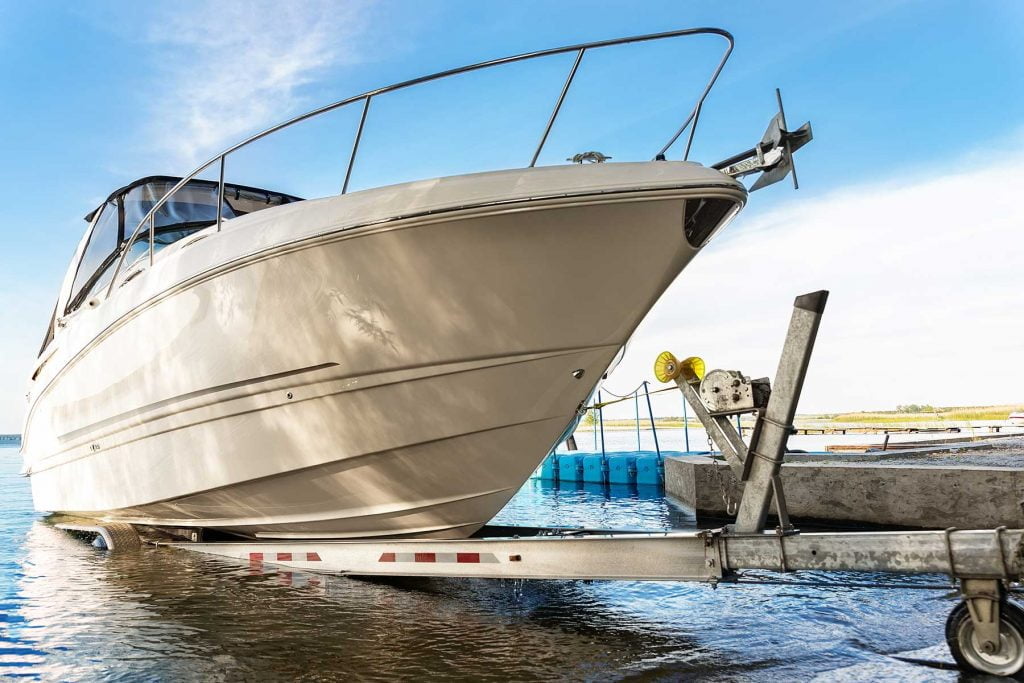
At Diesel Mechanics Australia, we like to see everyone enjoy their maritime activities to the fullest. If you’re a boater, you may have false or incorrect ideas about your diesel engine that are actually harmful. Here are three popular marine diesel engine misconceptions debunked, as well as the reality of each.

1. I Can Allow My Diesel Engine to Idle as Long as I Want
Do you let your diesel engine idle or turn it off as soon as possible? Some of the most popular diesel engine idle misconceptions are among the most common, owing to the fact that the idea that it’s okay and even desirable to leave your engine idling virtually indefinitely is somewhat true.
The fact is that, unlike gasoline engines, diesel engine throttles do not block the amount of air they intake, allowing them to burn less fuel when they idle than petrol engines.
However, despite the fact that you are not combusting fuel, prolonged idling is harmful to your engine and the environment. When you idle, a significant proportion of the gasoline you emit does not burn, generating more pollution. You’re also still running the engine, which increases engine wear and especially if any of that non-combusted fuel finds its way into your oil.
2. At a higher RPM, the wear on marine engines is greatest.
Marine engines are robust, and with the correct components, they can last a long time. That being said, it’s natural to want to minimise the amount of wear on them as much as feasible. It’s critical to figure out where the most engine wear takes place.
It’s counter-intuitive, but it’s actually when you start the engine that most wear occurs. Because your lubricating oil is still cold and hasn’t circulated throughout the system. At startup, there will be some residual oil on your parts, but not as much as when your engine is in regular operation.
If you have a commercial diesel engine that uses a block heater and/or pump to circulate the oil before the engine starts, you should not have this issue. If you don’t, allow the engine to warm up for a minute before advancing the throttles.
3. I should never put synthetic oil in my diesel engine.
It’s a popular notion that adding synthetic oil to a diesel engine will result in leaks and other problems. In reality, some people think that it’s not safe to change oil brands while servicing a diesel engine. These claims are all false. You may freely swap oils and use synthetic oil as you prefer as long as your lubricating oil meets the OEM requirements.

